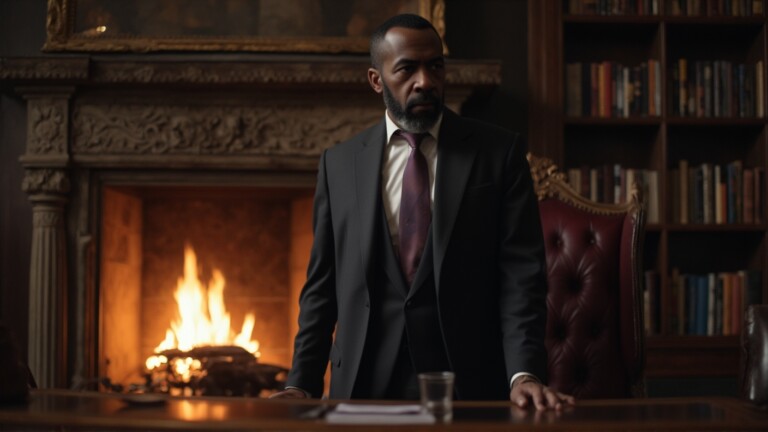The morning sun cast a golden hue over the sprawling Figaro estate, but the air was thick...
Community
The Uninvited GuestThe rain fell like a curtain of secrets, shrouding the Figaro mansion in an ominous...
The mansion stood eerily still that night, cloaked in a suffocating tension that seemed to creep into...
The Figaro estate had always been a fortress of secrets, where power whispered through the halls and...
The night was still, suffused with an almost suffocating silence. The Figaro mansion, once a symbol of...
The storm had not yet passed over the Figaro family, and the night was heavy with anticipation....
The Figaro mansion stood silent in the early morning light, its once-pristine façade now marred by the...
In the grand halls of the Figaro mansion, the air had grown thick with tension, the once-pristine...
The air inside the Figaro mansion was thick with tension, an invisible storm brewing behind its grand...
The Figaro mansion stood eerily silent, a stillness that felt unnatural after the chaos in the cellar....














